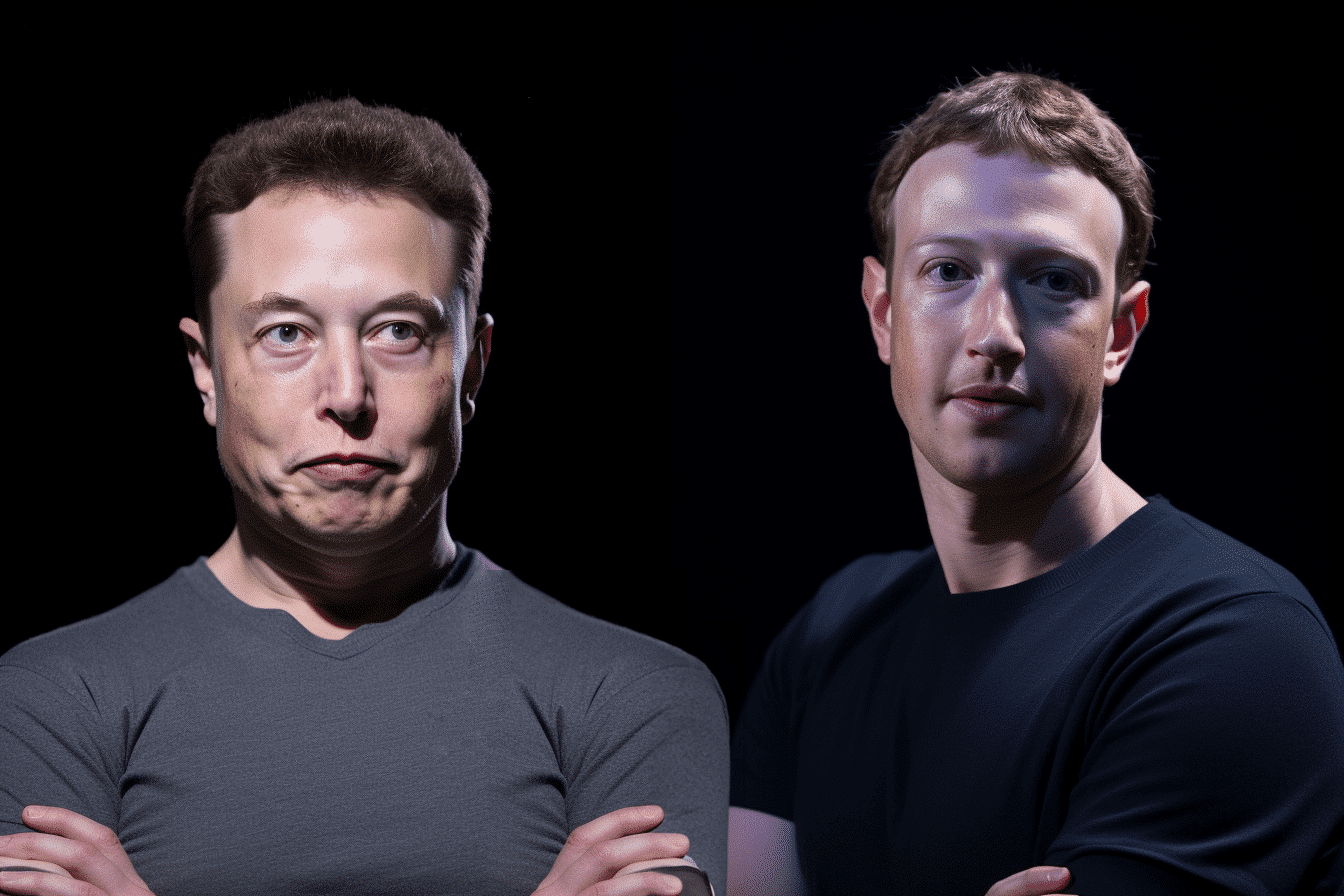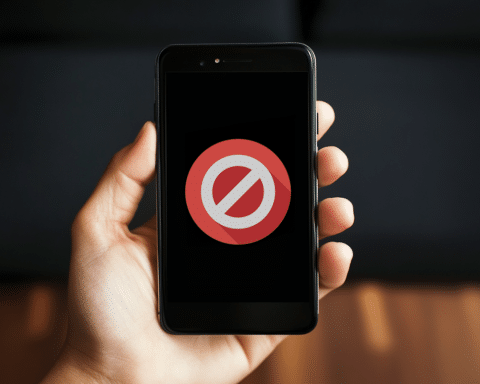Twitter is contemplating taking legal action against Meta due to the quick proliferation of its rival application, Threads.
Meta’s executives introduced Threads to millions this Wednesday as a “friendly” alternative to Twitter.
Elon Musk of Twitter argued that while “competition is fair, cheating is not.” However, Meta dismissed allegations in a legal letter suggesting that Threads was developed with the assistance of former Twitter employees.
According to Meta, over 30 million individuals have registered for the new app, which is less than 10% of Twitter’s estimated 350 million users, based on Statista data.
Per an SEC filing from 2013, Twitter took four years to amass the same user count that Threads achieved in just one day. However, Threads benefited from leveraging Instagram’s pre-existing user base of two billion monthly users, whereas Twitter built its user base from scratch.
Threads’ overall aesthetics resemble Twitter, noted James Clayton, BBC News technology reporter. He stated that the news feed and reposting functions felt “strikingly similar.”
Nonetheless, under US copyright law, ideas are not protected. Hence, for Twitter to win in court, it must demonstrate that its intellectual property, like programming code, was infringed upon.
In 2012, Meta was awarded a patent for “communicating a newsfeed” – the system that showcases the most recent posts when Facebook is used.
As first disclosed by news agency Semafor, Twitter’s attorney, Alex Spiro, penned a letter to Meta’s CEO, Mark Zuckerberg, accusing Meta of “systematic, wilful, and unlawful misappropriation of Twitter’s trade secrets and other intellectual property” in crafting Threads.
Spiro specifically charged that Meta employed several former Twitter staff who retained access to Twitter’s confidential and proprietary information. This insider knowledge, he asserted, was instrumental in creating the “copycat” app Threads.
The letter declared Twitter’s intent to vehemently defend its intellectual property rights, demanding that Meta immediately cease using confidential Twitter information.
Elon Musk reiterated that “competition is fair, cheating is not” when responding to a post about the legal letter on Twitter.
In contrast, Meta’s spokesperson, Andy Stone, stated on Threads that “no one on the Threads engineering team is a former Twitter employee – that’s just not a thing.”
From venture capital firm Cleo Capital, Sarah Kunst expressed to the BBC’s Today programme that Threads could provide a “brand-safe environment” for existing Instagram advertisers to allocate some budget and observe the results. Given the ease of cross-posting to platforms like Instagram, she predicted steady user growth for the app.
Musk and Zuckerberg have acknowledged their rivalry over Threads, which operates as a standalone app linked to Instagram.
To mark Threads’ launch in 100 countries, Zuckerberg broke his 11-year Twitter silence, posting a popular meme of two Spider-Man figures pointing at each other, symbolizing a face-off.
Following this, as “Threads” trended globally, Musk commented: “It is infinitely preferable to be attacked by strangers on Twitter than indulge in the false happiness of hide-the-pain Instagram.”
Twitter CEO Linda Yaccarino tweeted that although Twitter is “often imitated,” it “can never be duplicated.”
This year has seen significant layoffs at both Twitter and Meta. Meta announced a reduction of around 10,000 employees in April, while Twitter let go of up to 80% of its 7,500 staff in successive redundancy rounds after Musk’s acquisition in October.
The dispute between Twitter and Meta over the Threads app comes amidst turbulence for both companies. With significant employee layoffs and shifting user preferences, the technology giants are entering new battle lines in their quest for social media dominance. As this intellectual property conflict unfolds, the outcome could shape the landscape of the social media industry and set precedents for future applications. Regardless of the legal action’s result, one thing is sure: the face-off between these tech behemoths will continue to fascinate observers in technology, business, and social media.




